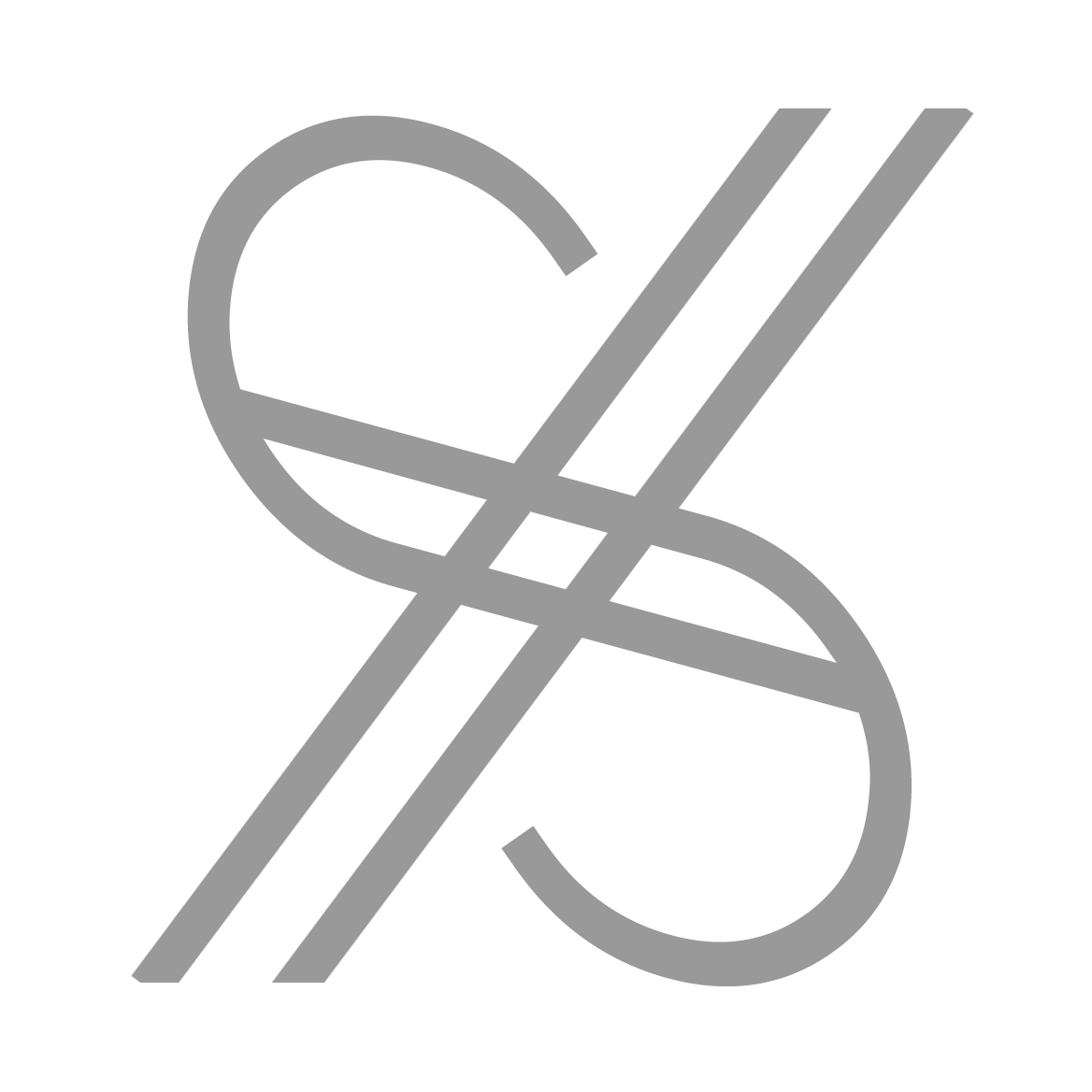Photograms
These images are photograms made in the black and white dark room, inverted then printed onto delicate paper to reflect the fragility of the objects. The items in focus were found on the streets, beaches and floors of Plymouth. The locations of the objects are not important but the act of the discarding is key to this piece. This piece is looking into what makes an object undesirable. Why is it that we throw things away and class them as rubbish? Do we inspect the object before doing so or do we assume its unimportance. Could there have been the most intricate details and patterns in this item that we missed. This is what I am trying to present to the viewer; the subtle but tantalising shapes, forms and details of the unwanted items. The passing of time and affect of human contact is evident in the pieces through their state of deterioration and ill repair. These are the traces we leave behind and do not think about.
The photograms of the contact lenses aim to breach the topic of science and art through their similarity in aesthetical value to cells. These items are more personal due to their assistance and close placing on humans. They could be interpreted as a personal diary and discuss the passing of time, through the documentation of the lenses at different stages of deterioration. If continuing this sequence I would create a dated piece showing more clearly the passing of time and effects it has on the contact lenses.
------------------------
Book Specifications: Size: A5, Hand made and bound, fine art paper | Print specification: Size A3, prints on photographic paper
